发布日期:11/27/2021
Starting from this month, the "Guangdong-Technion Leadership in Science and Technology Lecture Series" have been held at GTIIT, to provide a platform for high-impact dialogues that explore topics that are pertinent to our faculty, our students, and our community.
On November 9, Prof. Aaron Ciechanover, Special Envoy of the Technion President to GTIIT and 2004 Nobel Laureate, gave a wonderful lecture online for GTIIT teachers and students, entitled "The Road Between Patients and Curative Medical Technologies is Strewn with Bioethical Bumps: Lessons from the COVID-19 Pandemic and Beyond". He mainly talked about the probable ethical problems resulting from the COVID -19 pandemic, combining with many latest news.
Related Reading: Upcoming Event | 重磅来袭!诺奖得主开讲首场“科技领军人物系列讲座”
https://mp.weixin.qq.com/s?__biz=MzI1NjY0NTMyNA==&mid=2247504975&idx=1&sn=8fe505cfa753186bcecf5ae48060038b&chksm=ea2115ecdd569cfa4e868071a06b3bcbaf641d1e582974c737e2c07a78c9b9854b48847d2182&scene=21#wechat_redirect
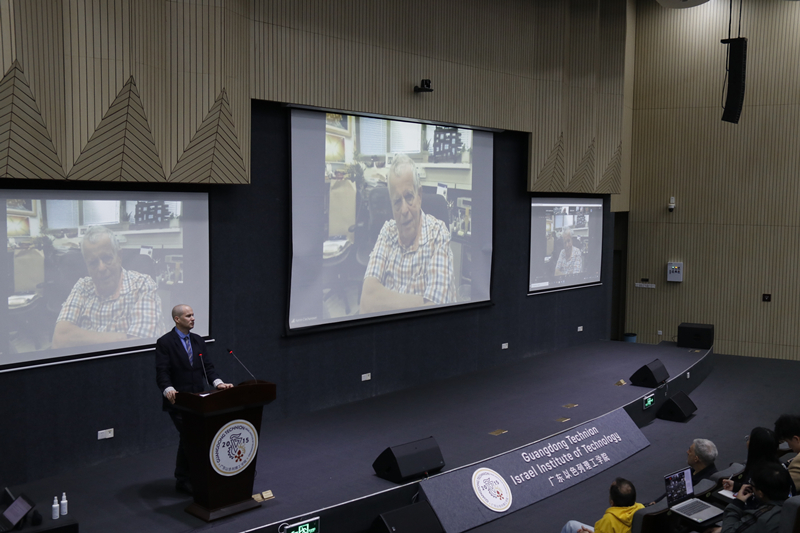
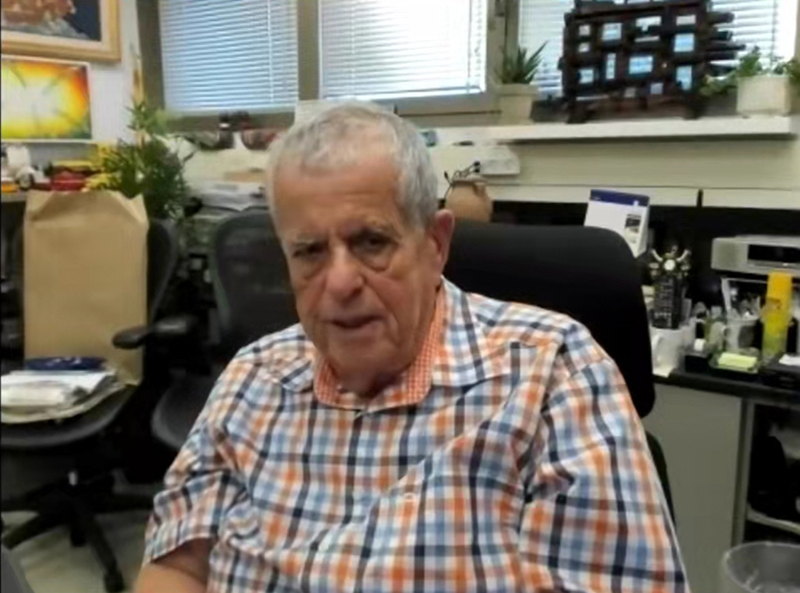
Before the COVID-19 pandemic, human beings have exited the era, where the treatment of many diseases is "one size fits all", and entered a new era of "personalized medicine", where the treatment will be tailored according to the patients' molecular/mutational profile. Based on this, many bioethical problems came into being. After the COVID-19 pandemic, many new ethical problems came into being. "As a researcher working for the future, we have the responsibility to deepen the understanding of them," Prof. Aaron Ciechanover said. For the students of GTIIT, most of whom didn't undergo these problems, learning them can inspire their thinking about the community, society and the future of human beings.
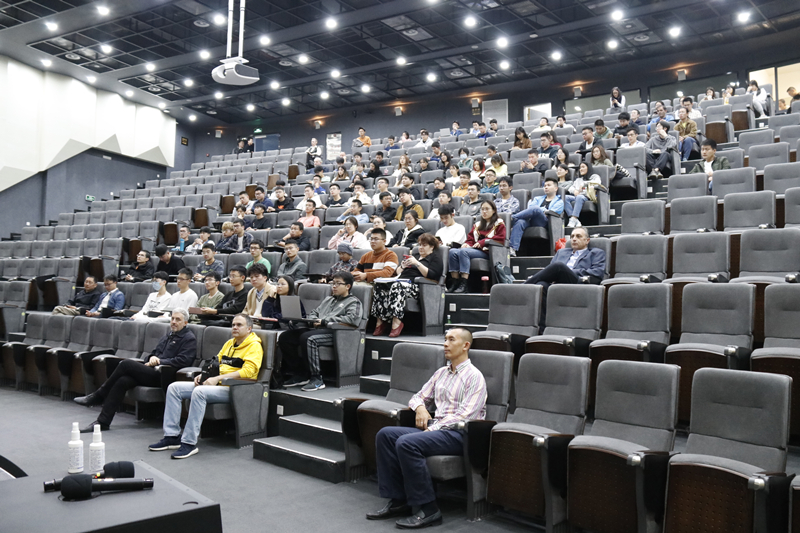

Prof. Aaron Ciechanover further talked about some ethical issues arisen during the COVID-19 pandemic. For instance, treatment priorities make healers don't know whom to heal first; the movement of anti-vaccine booms the conspiracy theory, and many people died for sticking up for "truth"; infodemic makes people confused in misinformation and disinformation, which causes the loss of people's property and life; racial discrimination intensify the opposition between different races. "Besides, we should pay high attention to some issues that might be neglected. If we don't attach adequate importance to these neglected issues, they might lead to next disaster very likely."
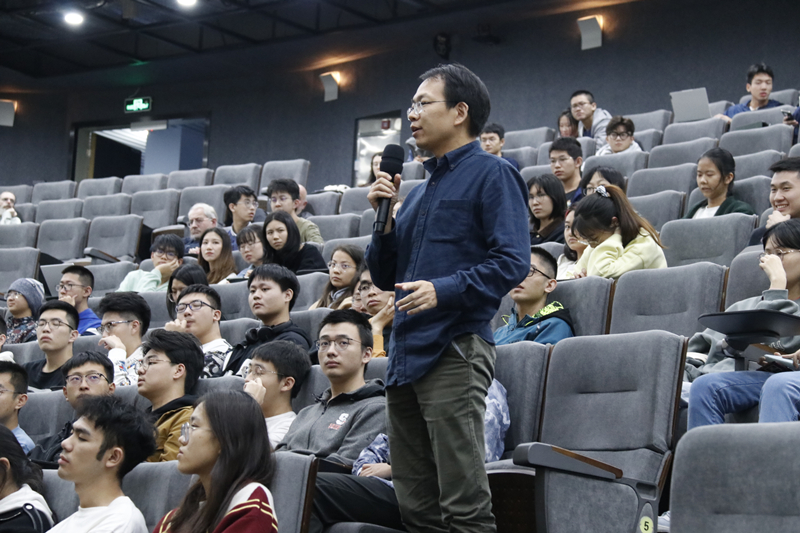
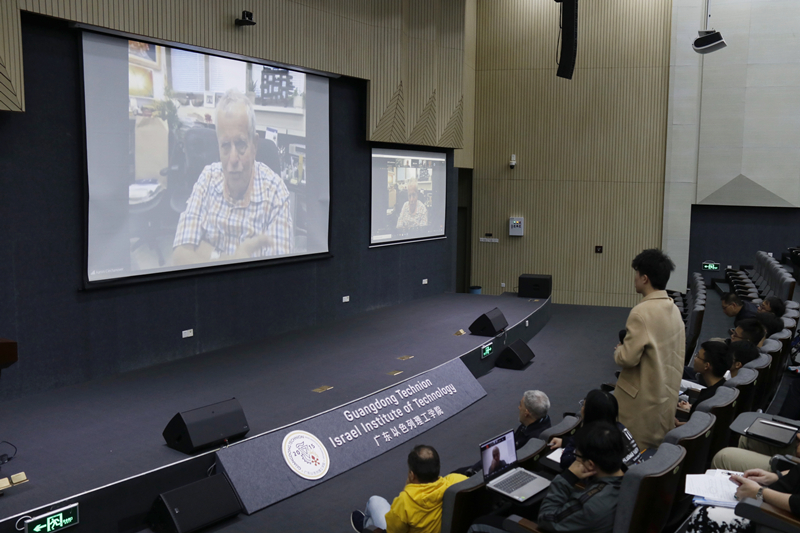
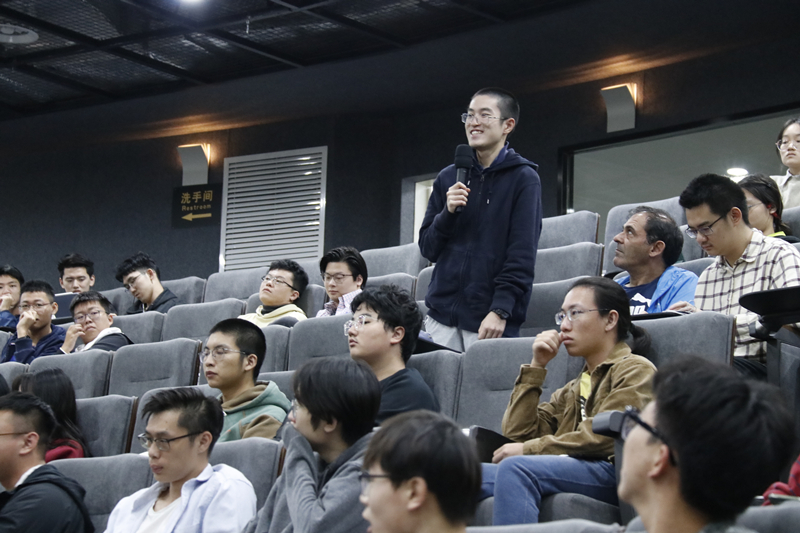
In the Q&A session, teachers and students' active participation enriched the meaning of this lecture.
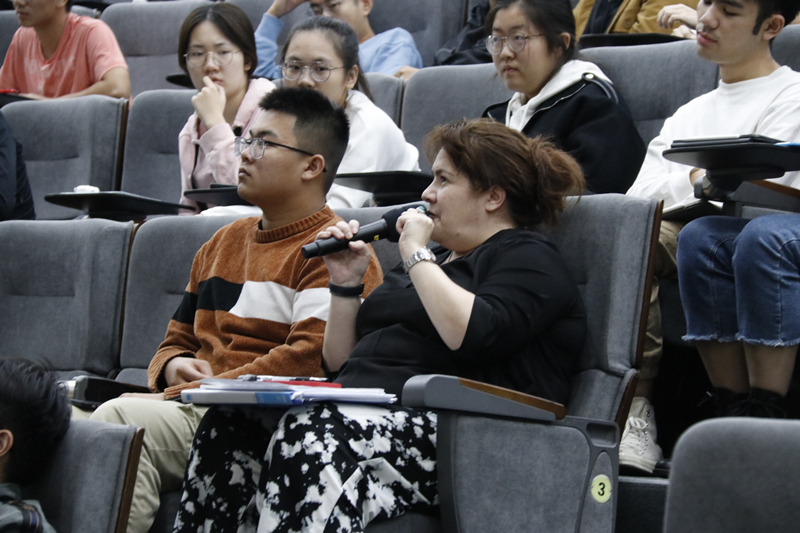
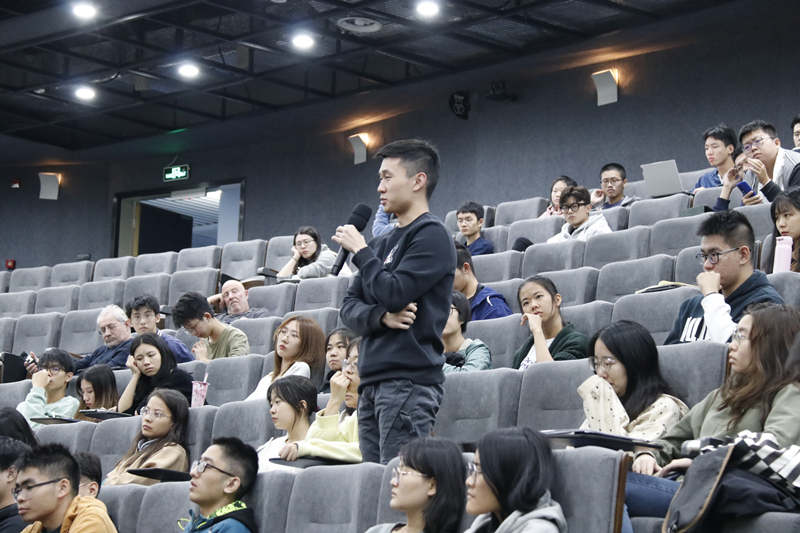
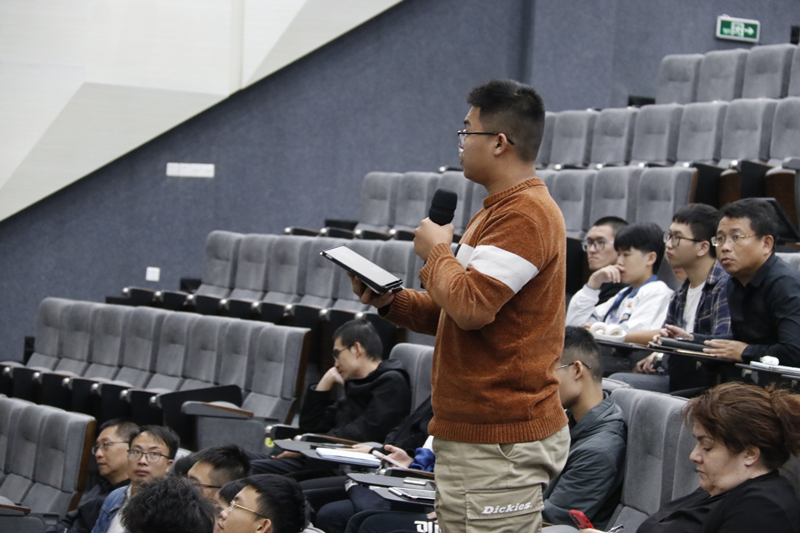
Q: You said if you have doubt on some researches, you will check them personally. Could you please share with us the method you adopt as an experienced researcher?
A: First, I will listen to the researcher explaining about the process, research methods and basic data, and then will judge if they are sound or not. When I doubt, I will check the data bases, or even google the key words to see if any reputable institutions have also conducted relevant studies. If so, I will check their research results.
Q: How long do you think this pandemic will last?
A: To be honest, I can't predict accurately. But what I can tell you is that people have always been living with many diseases, so we have experience to live with diseases, including COVID-19.
Q: How do you view the diseases that might occur in the future?
A: I am sure that there will be other disease pandemic in the future because of the climate change, close living between people and animals, or just because the earth has reached the limit of containing people. Future diseases are unpredictable. No one knows how they will be. What we can do now is to learn from the past. I think we can get an important reminder from the pandemic of COVID-19: diseases are people's common enemies, so the key to defeat them is international cooperation.
Text: Liu Huayi, GTIIT News & Public Affairs
Photos: GTIIT News & Public Affairs
